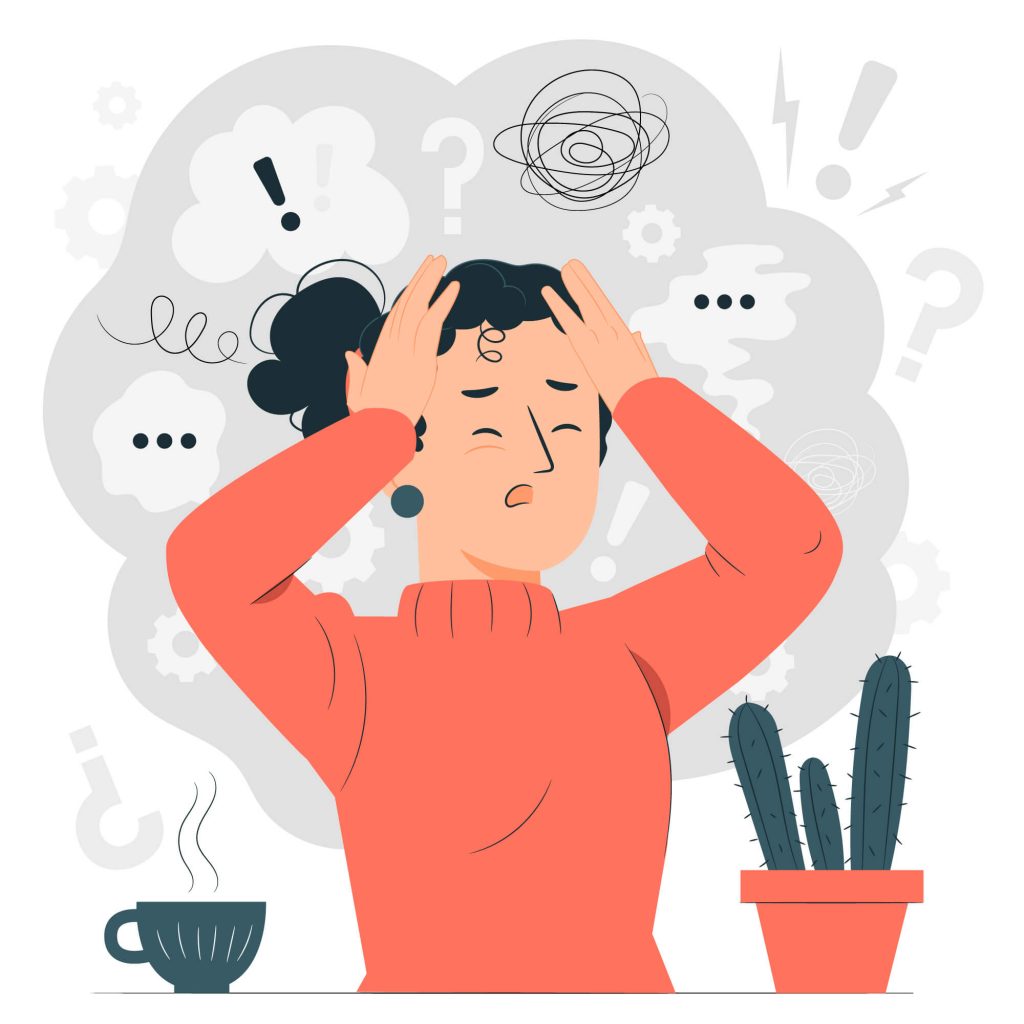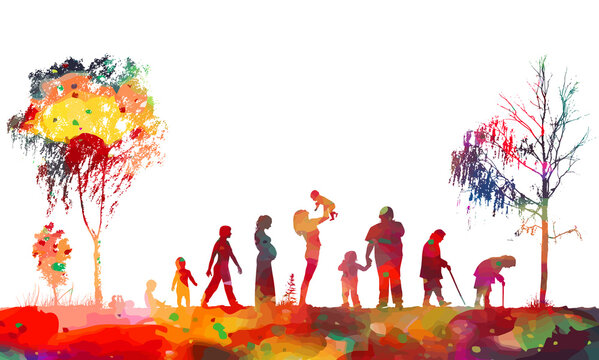
There’s a weird continuity to mental health issues.
In previous articles, you probably noticed our emphasis on how childhood mental health problems often have a way of festering into adulthood. Although it’s easier to trace certain problems to a very specific sudden traumatic event, for many other mental health conditions, it can be difficult to tell the exact life-stage in which a condition started to develop. This is because many symptoms tend to advance and evolve gradually with age – continuity, right?
As we seek to better understand and tackle these issues, the concept of “mental health promotion across the lifespan” has been developed to help us find ways to reduce the potential for mental and emotional problems at every stage of life, from childhood to old age. It’s not just about preventing mental illness but also building resilience, coping skills, and creating supportive environments that help individuals thrive no matter what life throws at them.
These considerations often begin during pregnancy as certain habits, actions and environmental conditions of a mom can set the stage for a child’s mental well-being after birth. Strategies such as healthy eating habits, staying connected to a supportive community and maintaining optimal socio-economic conditions are encouraged for both parents while the little one is still “in the oven.”
This produces such a fascinating cycle; the work done to support the mental well-being of 2 individuals from childhood into adulthood has a huge ripple effect on the mental health of their incoming child as they become parents. This is why what we culturally like to call ‘generational curses’ (at least in Africa) are mostly mental health patterns repeating themselves across generations. Again, continuity!
For children and adolescents, mental health promotion focuses on nurturing their emotional and social development. At this stage, parents and caregivers are strongly encouraged to provide dependable support and a warm home environment for kids. Encouraging open communication, teaching them how to manage their feelings, and creating a safe space for them to express themselves are key elements. Activities like mindfulness, sports, or creative outlets like art and music can do wonders for their mental well-being. Building these habits early can set a strong foundation for a healthy mindset in adulthood.
As we enter adulthood, the challenges of life can sometimes feel overwhelming. The pressures of work, relationships, and finding balance can take a toll on mental health. Promoting mental health at this stage involves encouraging self-care, stress management, and fostering supportive relationships. This is also a time to develop a deeper understanding of mental health and learn strategies like cognitive-behavioural techniques or relaxation exercises to manage anxiety or stress. Creating work environments that support mental health is also a crucial part of promoting well-being among adults.
In older adults, mental health promotion is equally important, as they face unique challenges like retirement, health issues, or social isolation. Staying mentally active through hobbies, volunteering, or social engagements can help keep their minds sharp. Promoting intergenerational activities, where older adults connect with younger generations, can also boost their sense of purpose and belonging.
No matter the age, mental health promotion is about creating a positive and supportive environment that empowers individuals to lead fulfilling lives. By focusing on mental health at every stage, we can help ensure that everyone has the tools they need to live with resilience, joy, and a sense of well-being.
Now that we understand the value of mental health as it changes across a lifetime as influenced by several social and environmental conditions, over the next few weeks, we’ll take a deeper dive into the different age groups (or life stages), and I’ll share some helpful tools for effectively supporting your mental health at each stage.

